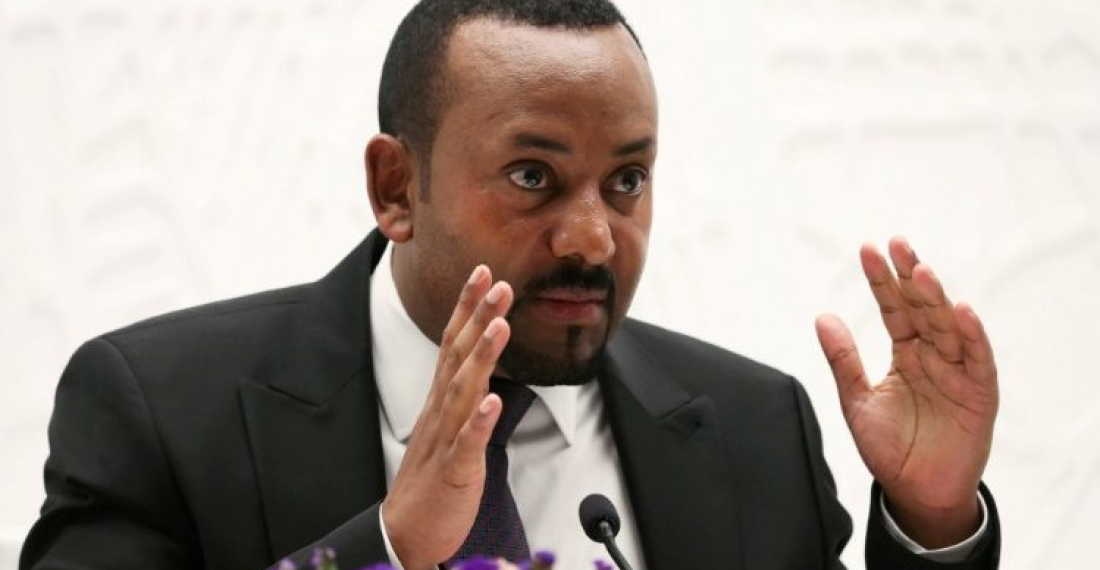"Logistical reasons" have been cited for yet another delay in Ethiopia parliamentary elections that were scheduled for 5 June. They will now be held several weeks later. Some opposition parties have also refused to take part, and no vote will be held in the Tigray region which has been the scene for violent confrontation between government forces and local militias. The election will be Prime Minister Abiy Ahmed's first major electoral test since the fighting erupted.
The elections were supposed to be held last year but were delayed due to the COVID-19 pandemic and tensions in the Tigray region. Abiy Prosperity Party is seeking to win a majority of seats in the national assembly in order to maintain power.
The aftermath of the Tigray crisis led to a refugee situation both internally, and externally towards Sudan. There have also been reports of a humanitarian crisis. US Secretary of State Antony Blinken on Saturday called out the military forces that blocked humanitarian aid and described it as “unacceptable behavior.”
The New York Times said there was a crackdown on journalists who are investigating atrocities in the country. While some journalists were arrested, others fled the country and had their credential removed.
Human rights groups said the government has sought to quell critical coverage of the conflict with a campaign of arrests, intimidation and obstruction.
The campaign director for one of Ethiopia’s largest opposition parties, Yilkal Getnet with the Hibir Ethiopia Democratic Party, told The Associated Press his party has long believed the country is not ready to hold an election at this time.
“There are lots of peace and security challenges across the country in addition to the border issue with Sudan,” Yilkal said.
“As opposed to the ruling party’s thinking, we don’t believe that the election will solve these problems. A national dialogue on a range of issues should come first.”
The European Union recently said it would not observe the vote citing Ethiopia failure to guarantee the independence of its mission.







